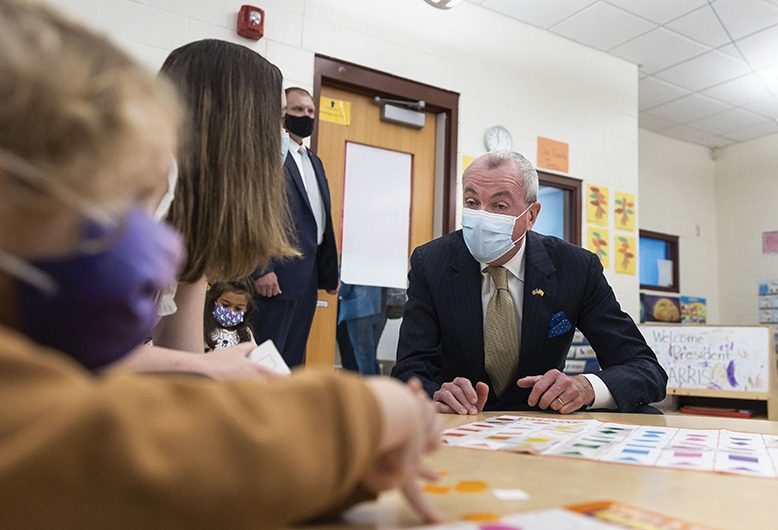
Childcare is critically important for the development and well-being of our children. It is also directly correlated with economic recovery in New Jersey, since without access to affordable and quality childcare, parents who rely on these services are unable to enter and stay in the workforce.
“The pandemic has made it clear that childcare is the backbone of our economy,” says Ceil Zalkind, president and CEO of Advocates for Children of New Jersey (ACNJ). “If people don’t have childcare, they can’t work, and this is primarily impacting women who can’t return to the workforce.”
Simply put, access to quality and affordable childcare is crucial to fostering a child’s development, especially in the all-important first three years of life. Says Zalkind, “For young children, childcare is an early education. A staff that is trained and understands how a child develops and can support that is critical for working families.”
While some childcare programs have reopened, they are having difficulty finding staff and have a wait list of parents. “Childcare staff have traditionally been underpaid, undervalued, and many don’t have health benefits. They can earn more and have benefits working at a place like Amazon and Costco,” says Zalkind.
[RELATED: How Covid-19 Changed the Way We Work in New Jersey]
So how can we get our childcare system and, in turn, our economy, back on track? First, businesses have an opportunity to help employees. Says Zalkind, “Businesses can make childcare part of a benefits package. Some businesses are even purchasing space in a childcare program…or are running childcare programs on their campus or in their building.” While some families receive assistance, the vast majority of parents pay for childcare on their own.
A silver lining came in December, when Governor Phil Murphy signed a bill expanding the childcare tax credit for families earning up to $150,000, a significant increase from the $60,000 annual salary limit. The tax credit is refundable, meaning families will receive refunds if the credit amount is larger than their tax bills.
Zalkind says this is a huge step forward. “When Governor Murphy entered office in 2018, New Jersey was one of 14 states without a Child and Dependent Care Tax Credit. He created a modest one in this first budget, but these changes put New Jersey ahead of other states. A lot to celebrate.”
But there is more work to be done, and Reimagine Child Care, an initiative led by ACNJ in partnership with the NJ Association for the Education for Young Children and the Turrell Fund, is bringing together communities, policymakers, business leaders and caregivers to reimagine what childcare could look like here. According to Evan Delgado, executive VP of the Turrell Fund (which is a foundation underwriter of the public-policy programming I anchor on public broadcasting), the next priority for the leaders in our state should be “to build on their great successes and consider further increased and sustained investment into our early-education infrastructure, especially regarding the compensation of early educators. The importance of the early education workforce in serving working families and the healthy development of children cannot be overstated.”
